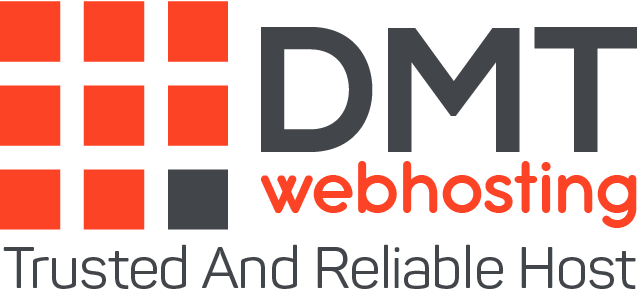What are the differences and/or similarities between Drupal and WordPress? Which is the better system? What is Drupal or WordPress particularly suitable for?
-
Dissemination
The clear winner here is WordPress. With almost 60% market share, WordPress is the most widespread content management system. This is followed by Joomla and Drupal. The widespread use of WordPress can be concluded from the fact that WordPress can be installed very easily and quickly. After installation, you immediately have a usable solution with no additional effort. Drupal, on the other hand, can be used in the standard installation, but additional work is required to get what you want.
-
Technology
WordPress and Drupal are very similar at this point. Both content management systems are based on the PHP programming language and the MySQL database. PHP as well as MySQL are very common and do not require any special hosting requirements. All common hosting providers support WordPress and Drupal.
-
Open-source
A common feature of Drupal and WordPress is the license. Drupal and WordPress are “Open Source” and can be downloaded and installed free of charge. There are no license costs. This is a big advantage, especially compared to “closed source” content management systems. The saved costs can be invested in adjustments and expansions.
-
Cost
If you look around the market, WordPress websites tend to be cheaper, as these are sometimes implemented by agencies without programming knowledge. As a rule, you use the standard functionality of WordPress and individualize the websites with a free or paid theme. As a result, a satisfactory solution can be achieved quickly and inexpensively. If you want to expand a WordPress page later with more complex functions, this may not be possible, because the plugins or the template used do not allow it easily.
Drupal projects tend to be larger and more complex and therefore more expensive. Programming knowledge is usually required to create a solution with Drupal. Drupal also has powerful standard functionality and a comprehensive API to implement customer-specific applications. If you want to implement a more complex web application, the initial investment is more expensive, but with Drupal, you get an expandable and scalable solution.
-
Flexibility: modules and plugins
Both systems have extensions in the form of “modules” or “plugins”. WordPress lists over 45,000 modules, Drupal lists over 35,000 modules. However, the number of modules says little about their quality. Both systems have useful modules as well as outdated and rather useless modules.
In addition to countless extensions, Drupal offers a powerful API, ie an interface to create your own modules. Drupal clearly offers more flexibility here. See also the next section “Functionality”.
-
Functionality
Compared to WordPress, the functionality of Drupal is much more extensive. With Drupal, large web projects can be realized that go much further than pure content management. WordPress, however, has less functionality and is, therefore, suitable for simpler web solutions.
Drupal knows the concept of so-called content types (blocks), blocks, views and much more. This means that practically all conceivable applications can be represented on the web. WordPress, on the other hand, has a standard post and page types. These are particularly suitable for a blog and a simple website.
Seen in this way, Drupal is more of a “kit”. A Drupal solution typically consists of the Drupal core, some additional modules, a theme and individual developments. The procedure is similar for WordPress, whereby WordPress can be understood as more than one product. WordPress solutions consist of the WordPress core, plugins and a theme. Own additional plugins are rather the exception.
-
Security
Both systems are considered to be secure, provided that the latest security updates are installed. With WordPress, however, the risk of an attack is higher because security updates have to be made more frequently. The federal government even explicitly warned in 2015 that WordPress websites are unsafe:
About the author
DMTwebhosting.com’s Editorial Team prides itself on bringing you the latest web hosting news and the best web hosting articles!
You could also link to the news and articles sections:
